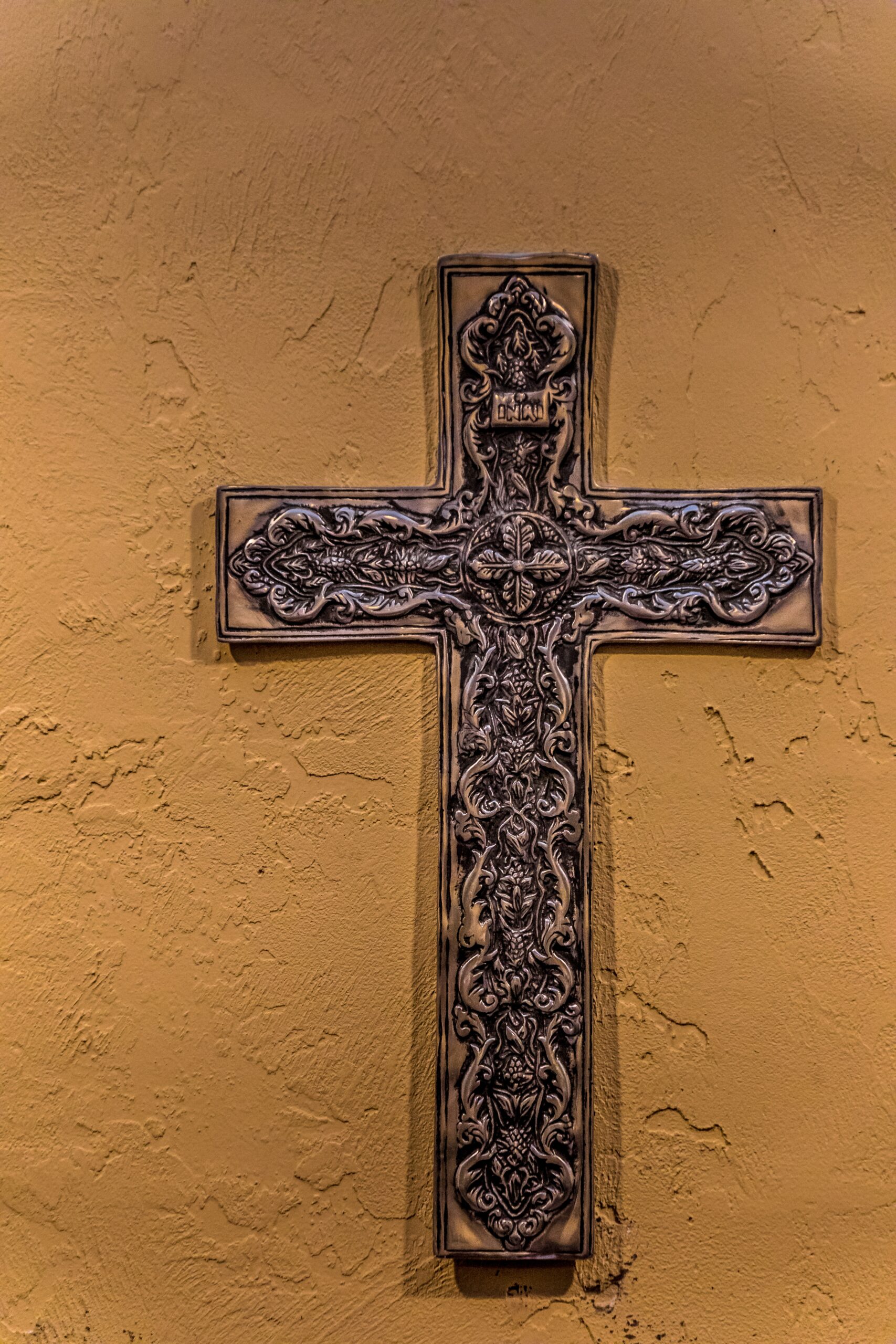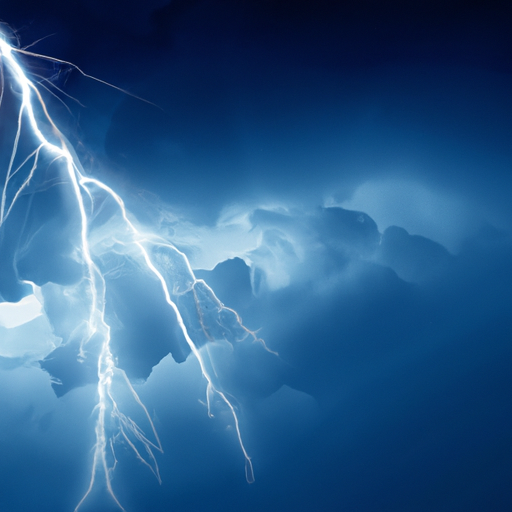In the realm of Celtic culture, the symbolism of the frog is rich and profound, representing transformation, fertility, and rebirth. This humble creature embodies the essence of change and adaptation, as it undergoes a remarkable metamorphosis from tadpole to frog. Beyond its life cycle, the frog is also associated with abundance and fertility, symbolizing the rapid and expansive reproduction of these amphibians. Furthermore, the frog’s cyclical existence mirrors the concept of rebirth, emphasizing the interconnectedness of all living beings and the natural cycles of life. In Celtic belief, frogs are even seen as gatekeepers to the afterlife, bridging the physical and spiritual realms. Water, to which these creatures are closely tied, represents cleansing and purification, thus linking the frog to these transformative processes. As we explore the significance of the frog in Celtic culture, we delve into the realm of personal growth, healing, and the sacred feminine. Brace yourself for a captivating journey into the enchanting world of the Celtic frog.

The Symbolism of the Frog in Celtic Culture
The Celtic culture is rich in symbolism, and one such symbol that holds significant meaning is the frog. In Celtic beliefs, the frog represents various concepts, including transformation, fertility, rebirth, and the interconnectedness of all living beings. Through its life cycle, the frog exemplifies change and adaptation, making it a powerful symbol in Celtic traditions.
Transformation and Rebirth
The life cycle of a frog is a remarkable demonstration of transformation and rebirth. As frogs undergo metamorphosis from tadpole to frog, they symbolize the potential for personal growth and change. This transformative process resonates with the human experience, reminding us of the importance of embracing change and adapting to new circumstances.
Associated with Fertility and Abundance
Frogs are known for their rapid reproduction and abundance, making them symbols of fertility in Celtic culture. Their ability to produce large numbers of offspring signifies the potential for prosperity and abundance in one’s life. This association with fertility highlights the interconnectedness of humans and nature, emphasizing the importance of maintaining a harmonious relationship with the natural world.
Gatekeepers to the Afterlife and Spirit World
In Celtic beliefs, frogs are believed to be gatekeepers to the afterlife and the spirit world. They are seen as guides that can navigate between different realms, acting as intermediaries between the physical and spiritual planes. This symbolism highlights the spiritual significance of frogs, suggesting that they hold knowledge and wisdom that can help individuals on their spiritual journey.
Cleansing and Purification
Water is closely connected to the frog, and this association ties them to the concepts of cleansing and purification. Frogs thrive in water environments and are often found near bodies of water. This connection to water symbolizes the cleansing and purifying qualities of frogs, both on a physical and spiritual level. Just as water cleanses and refreshes, the presence of frogs brings a sense of renewal and purification.
Representing Adaptability and Personal Growth
Frogs are renowned for their adaptability, as they can live in various habitats and climates. This adaptability makes frogs a powerful symbol of personal growth and development in Celtic culture. By embracing change and adapting to new situations, individuals can navigate through life’s challenges and find opportunities for personal growth. The frog serves as a reminder to remain flexible and open to transformation.
Frogs as Healers in Celtic Folklore
In Celtic folklore, frogs are viewed as “doctors of the animal world” and possess healing powers. It is believed that their connection to water and their ability to adapt gives them a deep understanding of the natural world and its remedies. The frog’s healing abilities serve as a symbol of the interconnectedness between humans and nature, emphasizing the importance of seeking harmony and balance within ourselves and our environment.
Symbol of New Beginnings and the Sacred Feminine
In Celtic culture, frogs are associated with new beginnings and the sacred feminine. Their connections to rebirth and renewal align them with the cyclical patterns of nature. Just as frogs transform from tadpoles to frogs, individuals can undergo their own personal transformations and embark on new journeys. This symbolism reflects the eternal cycle of life, emphasizing the ever-present potential for growth and renewal.
Historical References to Frog Symbolism
Frog symbolism can be traced back to ancient Celtic texts and mythology. In these references, frogs are often portrayed as guardians of wisdom and holders of sacred knowledge. They are seen as creatures that possess insight into the mysteries of the universe and have the power to aid individuals on their spiritual path. These historical references highlight the longstanding significance of frogs in Celtic culture and the reverence they inspired.
Cultural Significance of Frogs in Celtic Art
Frog symbols can also be found in Celtic art, further emphasizing their cultural significance. In intricate designs and carvings, frogs are depicted as icons of transformation, fertility, and rebirth. These artistic representations serve as visual reminders of the values and beliefs held by Celtic communities, honoring the role of the frog as a symbol of profound meaning in their culture.

Conclusion
The symbolism of the frog in Celtic culture holds profound significance, representing transformation, fertility, rebirth, cleansing, adaptability, healing, new beginnings, and the sacred feminine. Through their life cycle, frogs capture the essence of change and adaptation, reminding us of the importance of personal growth and development. As gatekeepers to the afterlife and guides to the spirit world, frogs connect us to the spiritual realm and offer guidance on our journey. The cultural relevance of frogs in Celtic art and references in ancient texts further emphasize their enduring symbolism. The frog serves as a reminder to embrace change, seek harmony with the natural world, and cultivate personal growth for a more connected and fulfilling life. The continued relevance of frog symbolism in Celtic culture underscores the timeless wisdom it imparts and the profound insights it offers to individuals seeking a deeper understanding of themselves and the world around them.




